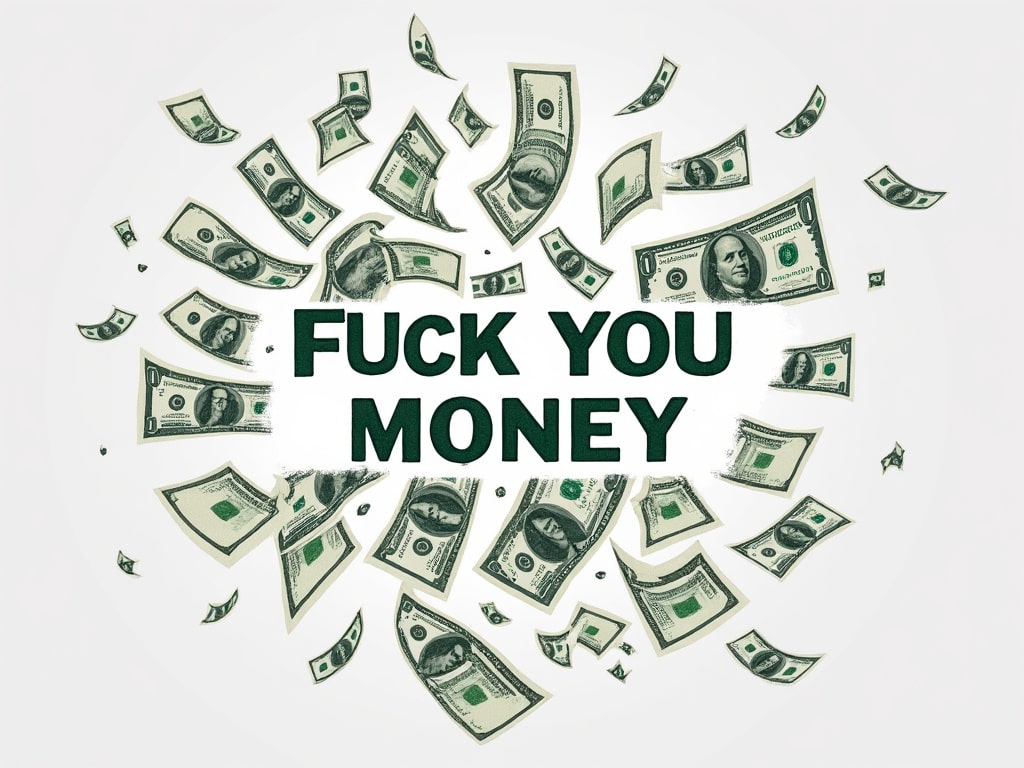In a recent episode of the Mile High FI Podcast, host Doug Cunnington sat down with the legend of the FIRE (Financial Independence, Retire Early) movement himself, Pete Adeney—better known as Mr. Money Mustache.
While Pete is famous for his advice on savings rates and index funds, this conversation took a different turn. They dove deep into the philosophy of living a good life after the paycheck stops, dealing with the loss of work identity, and the surprising joy of doing your own laundry.
Here is a breakdown of the conversation, the tools they use to track happiness, and how to handle the “identity crisis” of early retirement.
TL;DW (Too Long; Didn’t Watch)
- The Badassity Tracker: Pete uses a physical paper checklist to track daily habits (sunlight, exercise, no phone in bed) to ensure good days happen by default.
- The Good Life Algorithm: Doug discusses Cal Newport’s method of scoring days (-2 to +2) to create a feedback loop for happiness.
- Identity Shift: You are not your job. Pete identifies as a “free human” or a “learner,” while Doug views himself through the lens of freedom.
- Health Hacks: Early dinners and fasting can drastically improve sleep quality.
- Margin Loans: Pete explains how to use margin loans against a stock portfolio to buy real estate with cash (risky, but powerful).
Key Takeaways
1. Automate Your “Good Days”
Pete realized that a “good life” is just a series of good days strung together. He developed the Badassity Tracker, a simple grid on his fridge. It tracks basics like:
- No phone upon waking.
- Morning sunlight immediately.
- Salad for lunch.
- Alcohol-free days.
- Physical weight training.
The goal isn’t perfection; it’s to color in enough boxes that the habits eventually become internalized. Once they are automatic, you don’t even need the tracker anymore.
2. The Identity Crisis is Real (But Solvable)
One of the hardest parts of early retirement is answering the question, “What do you do?” when you no longer have a fancy job title. Pete suggests stripping away the corporate identity before you quit. Start scaling back work hours to let other parts of your life—parenting, hobbies, physical skills—fill the void. Eventually, the job becomes the distraction, not the purpose.
3. “Puttering” is Productive
We are conditioned to believe productivity equals money. Pete argues that “puttering”—fixing a welding project, hanging laundry on a sunny day, or cooking a complex meal—is the fabric of a happy life. These activities are productive for your soul and your household, even if they don’t show up in a bank account.
Detailed Summary
Habit Tracking vs. The Good Life Algorithm
Doug introduced Cal Newport’s concept of the “Good Life Algorithm,” which involves rating your day on a scale from -2 to +2. This creates a data feedback loop: if you notice you are consistently unhappy when you travel or when you skip workouts, you stop doing those things. Pete takes a more prescriptive approach with his checklist, arguing that we already know what makes humans happy (movement, nature, socialization), so we should just track our adherence to those biological necessities.
Social Overload and Small Talk
Both hosts discussed the drain of social small talk. Doug noted that telling the same stories repeatedly at parties became exhausting. The solution? Seek fewer, deeper friendships where you can skip the small talk and discuss “big ideas” immediately. Pete calls this the difference between being a public figure and just being a guy hanging out with friends.
Financial Strategy: The Margin Loan
Answering a listener question, Pete explained a high-level financial maneuver: using a Margin Loan. Instead of selling stocks (and triggering taxes) to buy a house, you can borrow against your portfolio.
Warning: This is dangerous if the market crashes. Pete advises borrowing no more than 25% of your portfolio value to remain safe even during a 50% market drop. This allows you to be a “cash buyer” in real estate without actually liquidating your investments.
Intentional Communities
Discussions touched on Culdesac (a car-free community in Tempe) and the dream of building a village with friends. Pete’s advice? You don’t need to be a billionaire developer. You can build a “creates-ac” simply by convincing 3-4 of your best friends to move into the same neighborhood or apartment complex. Proximity is the key to community, not fancy architecture.
Thoughts & Analysis
What stands out most in this conversation is the evolution of Mr. Money Mustache. Ten years ago, the focus might have been heavily on the math of spending 50% less than you earn. Today, the focus is entirely on Life Design.
The discussion on “laundry” was particularly telling. Pete described the joy of waking up, seeing the sun, and realizing it was a “perfect laundry day.” To a career-focused individual, laundry is a chore to be outsourced. To a free human, it is a connection to nature and a productive physical act.
Ultimately, the episode reinforces that Financial Independence isn’t about sitting on a beach; it’s about reclaiming the time to do the work you actually want to do, whether that’s building a house, recording a podcast, or just hanging your clothes on the line.
Check out the full episode on the Mile High FI website or watch it on YouTube.



